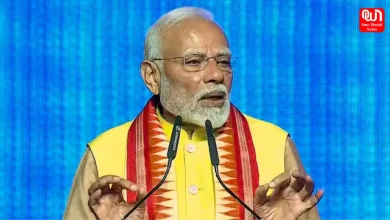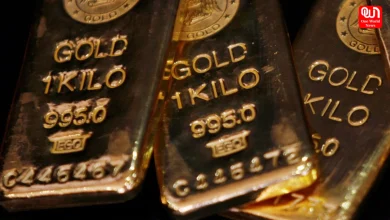Nepal Bans Sale Of MDH, Everest Spices- Here’s the full report
Everest and MDH are two Indian spice brands that are not allowed to be imported, sold, or consumed in Nepal, according to the Department of Food Technology and Quality Control.
Nepal Bans Sale Of MDH, Everest Spices, Begins Test For Cancer-Causing Chemical Ethylene Oxide
The ban imposed by Nepal’s Department of Food Technology and Quality Control includes both importing and consuming Indian spice brands like Everest and MDH, and the authorities have also started testing level of ethylene oxide from imported samples, according to a senior official talking to ANI.
Two spice brands namely Guar and Renu were banned in Nepal as the danger was informed by a report on the presence of ethylene oxide remnants.
Among the famous brand the suppliers like everest and MDH Bazaar which collect and import spices in Nepal have been banned from import. This came after the news about the presence of harmful chemicals in the spices, ban on the import of it had been imposed a week before and the sales of these spices had been also prohibited in the market,” Mohan Krishna Maharjan, spokesperson of Nepal’s Department of Food Technology and Quality Control, told.
Spices of these two brands are being tested for their composition in chemical grounds. Steps will be taken to also prohibit the use of coal until all the conclusions of the final report are made. “Hong Kong and Singapore have already banned it, they are the ones who took the first move,” Maharjan said this in an interview.
Read more – India’s Longest Bridge Ignites Political Debate Ahead of Assam Voting
The information be supplied by the officials of Indian Government to the ANI agency states that EtO use is permitted by different countries from time to time.
Governmental circuits stated that various applicable standards for ETzO utilized by various countries should be settled. In addition, almost com half of the spices banned by different countries is India’s overall spice exports.
We’re now on WhatsApp. Click to join.
On the contrary, the Indian Spice Board has done so much to make sure that the Indian spices undergoing exportation to those parts of the world are of best quality and safety.
The board has now acted on the final report of the Techno-Scientific Committee which carried out the root cause analysis of the problem, examined processing facilities and has handed the samples to National Authorized Laboratories for testing.
The Board also issued the guidelines about the ApO deposition to all exporters. In order to avoid EtO contamination in spices that are exported from India, the Spice Board has taken following actions.
Like this post?
Register at One World News to never miss out on videos, celeb interviews, and best reads.








